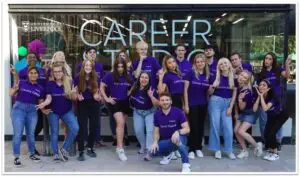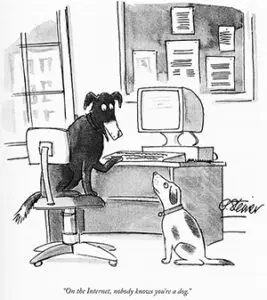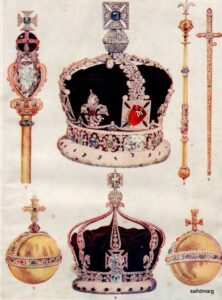On the face of it, universities don’t appear to have much in common with the glamorous, dangerous, star-studded world of Formula 1. Lewis Hamilton doesn’t exactly look or behave like your average don. And no academic would waste excellent champagne by spraying it over the vice chancellor – gold TEF or no gold TEF.
But forget the fast cars, sun-drenched race tracks, movie stars, jet-set lifestyles, the Russian oligarchs basking on their moored-up super-yachts … put all that aside, and you’ll see that higher education and Formula 1 could be twins separated at birth.
This newsflash came to me while reading Ross Brawn’s book, Total Competition. During a lengthy and tumultuous career, Brawn formed and led a number of hugely successful grand prix teams. As supremo, he worked with the top drivers: Schumacher, Rosberg, and champagne-sprayer-in-chief himself, L. Hamilton. During an average season, Brawn’s teams were like the Big Four accountancy firms at a graduate awards dinner: they won most of the awards.
And then he was gone. Vamoosed. Retired to write his memoirs. Rumour had it that there might have been a falling out with a certain pint-sized billionaire. But even if you are unmoved by the whiff of high-octane motor fuel, Brawn’s career advice is well worth heeding. There’s a lot we in our sector can learn from the world’s leading petrol head. And to benefit, you don’t need a pad in Monaco.
For example, consider what F1 has done for hospital administration. A few years ago I worked with a business professor who had been approached by a head of Accident & Emergency who was worried that her patients were having to wait too long before seeing a doctor. Patients were arriving at the hospital in ambulances only to have to sit around for hours before even catching a glimpse of a white coat. To make matters worse, once better, they were also spending hours waiting to be discharged. What should have been a smooth in-out operation was beginning to look like Euston Station during a train strike.
Clearly, something was very wrong with the hospital’s administration. The prof had an idea. He got in touch with a UK-based Formula 1 team and asked if they might be willing to help. This team was famous for being able to change a set of tyres in under two seconds (remember that when you next visit Kwik Fit). Over the course of several days they worked alongside A&E staff to revolutionise their processes. The results were dramatic, leading to a sharp reduction in waiting times. The name of the hospital cannot be disclosed, but if ever you visit your granny in hospital and find her surrounded by a team of 20 nurses in helmets and anti-inflammatory suits, that’ll be it.
Universities are also thinking about how to make processes more efficient and effective. F1 teams are obsessive about stripping out inefficiencies and maximising teams. They manage complexity while striving for simplicity.
If you’re also looking to simplify processes or make systems more efficient, here’s Ross Brawn’s top ten tips:
1. Strategy is a system: a philosophy from which process flows. Ultimately, strategy is a philosophy of processes. As ‘Integrating, applying processes and approaches, smoothing out.’
2. As far as possible, avoid unnecessary conflict: strategy is about winning not fighting.
3. Build trust consciously: treat people how you want to be treated yourself.
4. Know yourself and know the other.
5. Embrace humility. Despite his fabulous success, Brawn hardly ever bothered to turn up on the podium to collect awards and trophies. Instead, he let more junior members of the team take the glory.
6. Invest in people and culture.
7. Take the measure of time. Look to the long-term changes; plan and prepare for the changing landscape.
8. A complete process leads to a competitive product. Ross talked about the ‘complete car’ – that’s a competitive car. Bring together all the components.
9. Develop and apply a set of rhythms and routines. Plan the year ahead. Make sure everyone knows what his or her responsibilities will be. Question: what’s the plan for the coming year? What works? What do we need to do at each point in the year to yield the maximum result?
10. Just adopt: As Brawn writes, ‘Respect the competition and learn and steal from them: people, ideas, and methods, anything that can make you more competitive.’
In universities, we’d probably call stealing from the competition plagiarism. Perhaps it’s time we focus less on brains and more on Brawn.






